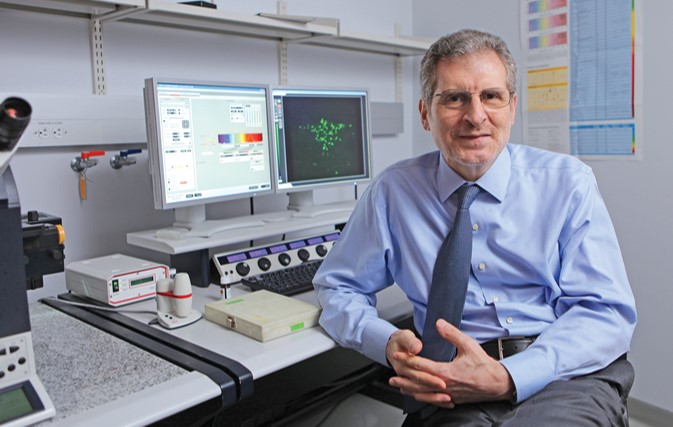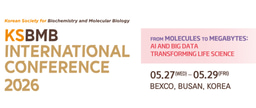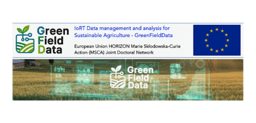Costantino Iadecola: "It was the discovery process that fascinated me..."


Costantino Iadecola, MD is the Director and Chair of the Feil Family Brain and Mind Research Institute and the Anne Parrish Titzell Professor of Neurology at Weill Cornell Medicine, New York, USA. He has received two Javits Awards from the NIH, the Willis Award from the American Heart Association (AHA), the Zenith Fellow Award from the Alzheimer’s Association, and the Excellence Award in Hypertension Research from the AHA, and he was elected to the Association of American Physicians. Clarivate Analytics lists him as one of the world’s Highly Cited Researchers for ranking in the top 1% of the most-cited authors in neuroscience and behavioral science. In 2019 he was elected Distinguished Scientist by the AHA and in 2021 was the first neuroscientist to receive the Basic Research Prize from the AHA.
What do you consider the most formative phase of your research career?
By far my postdoctoral years: after a few months I was given the opportunity to explore new ideas, and learn new methods to test new hypotheses. It was the discovery process that fascinated me: at times frustrating, at times exhilarating. Once I experienced the excitement of discovery I was hooked!
Can group leaders still find time for hands-on research?
It used to be the case, but it gets harder and harder each year, as the methods get more complicated, requiring knowledge and expertise that may take months or years to acquire. One of the challenges of the lab leader is to understand enough of the methods and approaches to be able to detect errors and provide directions when troubleshooting is needed.
What aspects of your life as a researcher do you most enjoy?
One is discovery: the challenge to prove your hypothesis right or wrong, always exploring new territory, developing new skills, being confronted by a new problem that needs to be solved.
The second is mentoring: fostering the development and success of trainees is a great reward, especially when there is a good communication and when there is a dialogue and sharing of ideas that enhances the quality of the research and the experience for both mentor and mentee.
The other is freedom: for the most part, you can schedule your own day and you do not have to necessarily always be on site. The downside of this freedom is that the research problem you are trying to solve never leaves you, so it’s always with you even if you leave work – on weekends, vacations, nights, etc. It takes over your whole life... but I am still happy to go to work every day and be ready for new challenges!
What do you look for when selecting students and staff for your research group?
The most successful students and postdocs are curious, hard-working, passionate about science but eager to share and work with others, enamoured of reading the scientific literature, fearless in trying new things yet able to follow directions, persistent, not easily discouraged, and not afraid of dead ends. A combination of these attributes, even in small proportions, would portend success in science.
What comes first: technique or biological question?
It depends on the scientist. Some scientists have been very successful in developing and perfecting new techniques, and due to their uniqueness have been able to address questions previously not addressable. In my case, I have always been driven by ideas and not techniques, but I have acquired the techniques needed to test my hypotheses along the way. Accordingly, my lab is continually evolving from the methodological standpoint, always striving to develop and validate the methods needed to answer the most pressing questions we have at the moment.
What do you consider to be the most important skills and areas of knowledge for molecular life scientists researchers nowadays?
A solid foundation in system physiology is essential even for molecular research, and, in the case of disease-oriented research, a keen understanding of the disease from the patient and the physician standpoint. Skills to acquire, particularly in translational research, include development of mouse models for cell-specific gene targeting, bioinformatics, advanced statistical methods and artificial intelligence-based approaches to sift through enormous amount of data generated by molecular, cellular and imaging tools.
Introduction to Costantino Iadecola's work
Research summary
The research work of Costantino Iadecola focuses on the basic mechanisms of neurovascular function and on the cellular and molecular alterations underlying ischemic brain injury, neurodegeneration and other conditions associated with cognitive impairment. He was a pioneer in establishing the concept of the neurovascular unit, and has championed the involvement of neurovascular dysfunction in neurodegenerative diseases, and the role of innate immunity and the microbiome in ischemic brain injury. Current projects in his lab include: the role of brain macrophages in cerebrovascular pathologies and Alzheimer’s disease; the link between dietary salt, microvascular dysfunction and neurodegeneration; mechanisms by which hypertension causes cognitive impairment; neurovascular effects of ApoE4 contributing to small vessel disease and Alzheimer’s disease; the role of innate immunity in ischemic brain injury; and the role of the gut microbiota in stroke and dementia.
Lab webpage: https://brainandmind.weill.cornell.edu/bmri-neurovascular-pathologies-and-neurodegeneration
Two recent/key papers:
Park, L. et al. (2020) Tau induces PSD95–neuronal NOS uncoupling and neurovascular dysfunction independent of neurodegeneration. Nat. Neurosci. 23, 1079–1089, doi.org/10.1038/s41593-020-0686-7
Faraco, G. et al. (2019) Dietary salt promotes cognitive impairment through tau phosphorylation. Nature 574, 686–690, doi: 10.1038/s41586-019-1688-z
More information on the IUBMB E.C. Slater plenary lecture at the IUBMB–FEBS–PABMB Congress
Costantino Iadecola will deliver the IUBMB E.C. Slater Lecture at the IUBMB–FEBS–PABMB Congress on Tuesday 12th July 2022 on ‘Neurovascular pathobiology of vascular cognitive impairment and Alzheimer’s disease’: https://2022congress.febs-iubmb-pabmb.org/
Top image of post: by geralt from Pixabay





Join the FEBS Network today
Joining the FEBS Network’s molecular life sciences community enables you to access special content on the site, present your profile, 'follow' contributors, 'comment' on and 'like' content, post your own content, and set up a tailored email digest for updates.